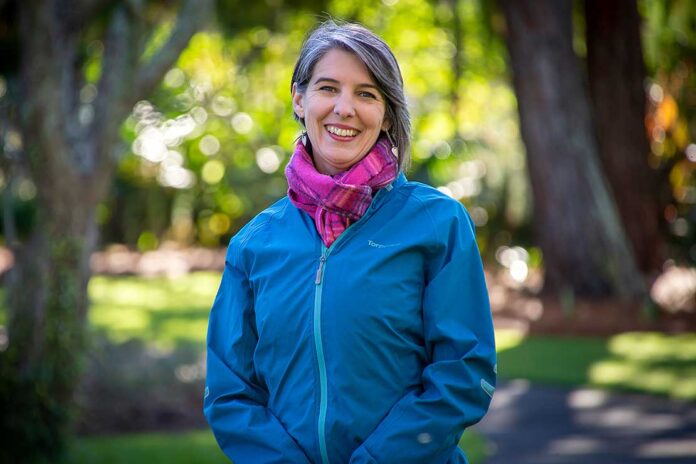Source: Massey University
Dr Trisia Farrelly
Minister for the Environment David Parker announced New Zealand’s planned support of a global agreement to tackle plastic pollution –something Massey University’s Dr Trisia Farrelly says is a big step in the right direction.
Dr Farrelly, a Senior Lecturer from Massey’s School of People Environment and Planning, has co-authored a new paper published in the prestigious Science journal on the importance of a global plastic pollution agreement.
While the paper calls for a global binding agreement, Dr Farrelly is quick to highlight this does not replace the need for national and regional action on plastic pollution prevention.
It will take several years for a new agreement to be negotiated, and entered into force, she adds.
“That’s why it’s so crucial we continuously develop and strengthen action through existing regional and multilateral institutions.”
The research shows that current international agreements have major gaps including all sources of plastic pollution and addressing the full life cycle of plastics.
Dr Farrelly says that while the development of a safe global circular economy for plastics will require a fundamental transformation of the plastics value chain and incur initial costs, it will benefit everyone.
Only nine per cent of all plastics ever produced have been recycled, and 79 per cent of all plastics ever produced now accumulate in landfills or the environment.
“We’ve seen plastics showing up in more and more environments. They are now found in land animals, the atmosphere; even in human lungs and placentas.”
The escalating crossover of plastics into all areas of life is why Dr Farrelly continues to advocate for both a global agreement as well as national and regional action.
The decision to launch an intergovernmental negotiating committee lies with the United Nations Environment Assembly (UNEA), the world’s highest level decision-making body on the environment, who are set to meet again in February 2022.
Dr Farrelly is confident a new global agreement will unlock sizable environmental, social, and economic benefits for individual nations and the planet.
Related articles
Ocean’s mammals at critical turning point new report warns
First-time study reveals high percentage of Albatross deaths linked to single-use plastics
Created: 02/07/2021 | Last updated: 02/07/2021



